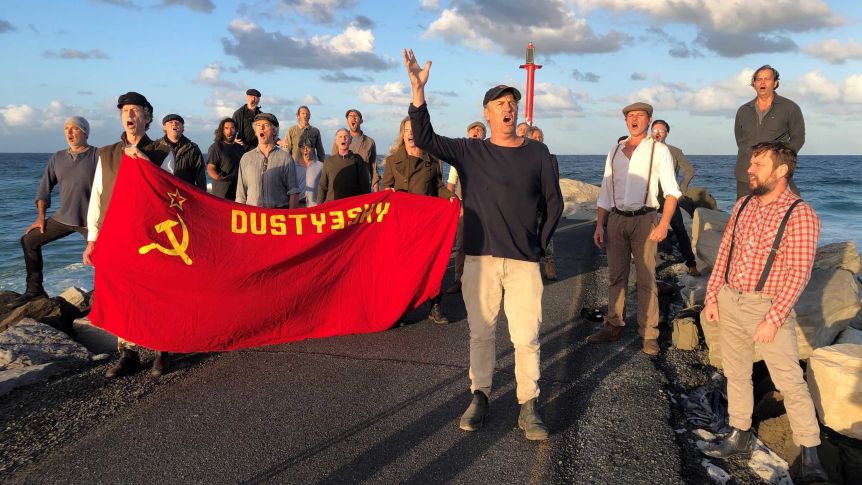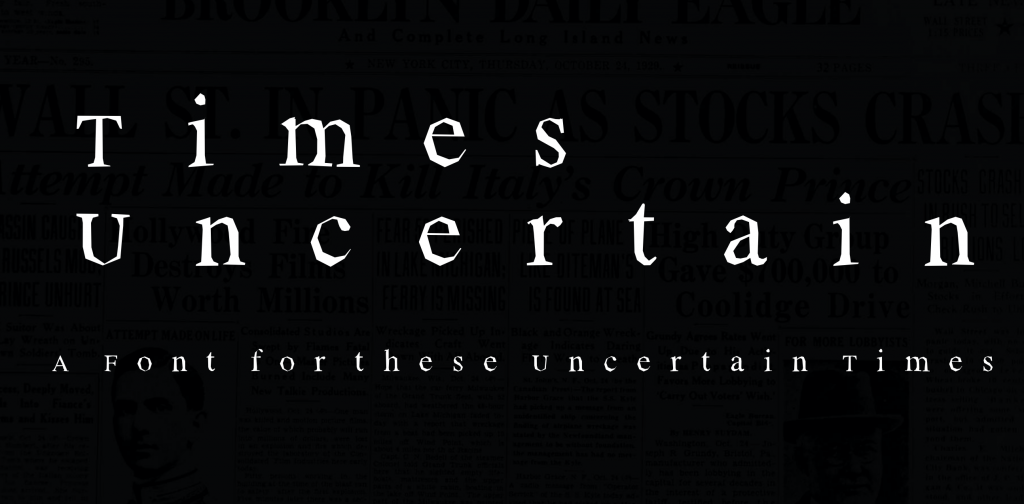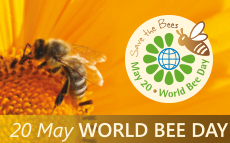
Need an excuse to join your Mullum comrades at the top pub?
Why not start an all male acapella group singing classic Russian folk songs, thought Glenn Wright?
Master choir master Andrew Swain agreed. He had a great admiration for traditional songs of struggle sung by the proletariat, and enjoyed knocking back a Vodka. And there were plenty of wild and hairy men in ‘Mullumgrad’ with cloth caps, looking to spend some quality time away from being good new-aged family men.
Soon they were joined by 26 others. Dustyesky went from strength to strength, singing at music festivals across the country. Their popularity is enhanced by the frequency with which audiences are encouraged to toast the choir with vodka. “Now we look forward to meeting your womens and livestocks”, says Michael, in his perfectly fake Russian accent.
The choir came to the attention of the Russian ambassador, and then the Russian Ministry of Culture, and then the Russian media. Now they are sensations in the homeland they have never been to.
Unfortunately, an invitation to sing in Red Square for the Immortal Regiment at the Grand Victory Day Parade on May 9 was cancelled due to Covid. Maybe next year.
In the meantime, you can see more at Australian Story.
Dustyesky understands the long history of Russia, the Soviet Union and the Red Army.
We know Russia’s triumphs and atrocities just as we know those of our own country.
Our mission is to sing songs of suffering and despair to fill your hearts with love and joy.
The Hammer and Sickle is not an endorsement of horror, just as we are not Russian.
Any offence or distress caused to anyone is greatly regretted by all of us in Dustyesky.
Dustyesky hope that our music, our warmth and humour only bring people together. Always.
Spasibo bolshoi.
Davai!
Dustyesky
 The greatest inter-generational injustice ever inflicted by one generation of humans upon the next
The greatest inter-generational injustice ever inflicted by one generation of humans upon the next




 May 20th is International
May 20th is International 
 RSS - Posts
RSS - Posts

